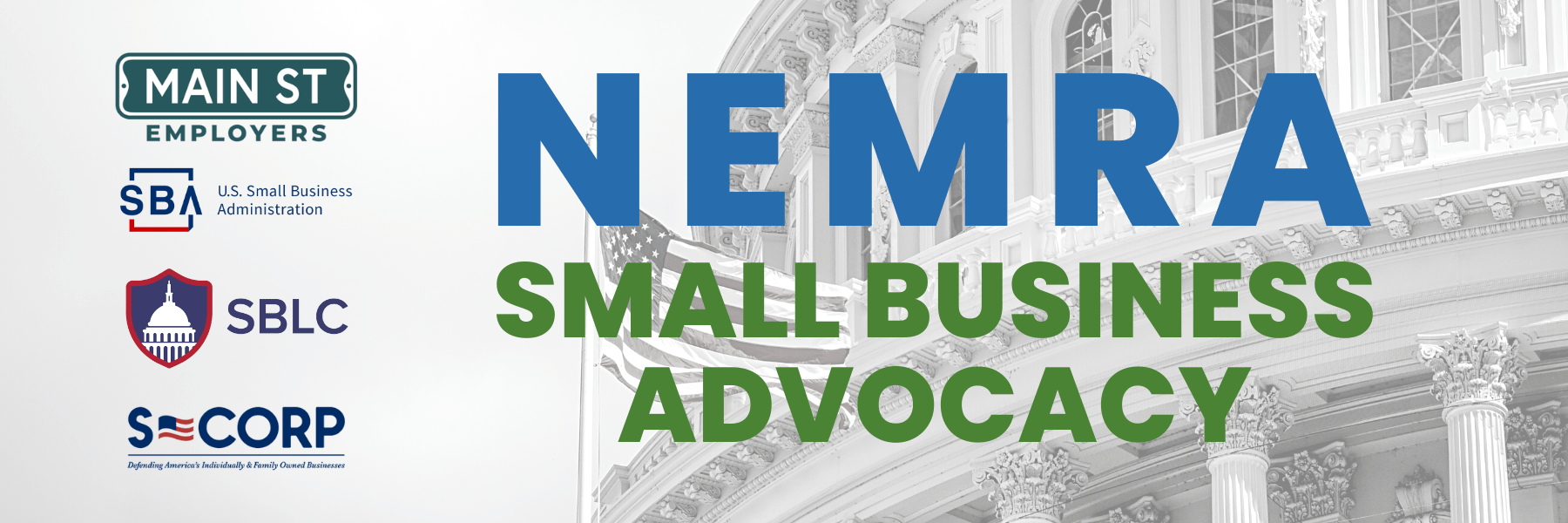This SBLC Alert is a special update regarding the U.S. Department of Labor Final Rule on increased salary requirements for “White Collar Overtime Exemptions.”
The U.S. Department of Labor announced today, Tuesday, April 23, 2024, the release of a final rule raising the minimum annual salary threshold for overtime pay eligibility. This primarily applies to executive, administrative, and professional employees, commonly referred to as the “White Collar Overtime Exemptions.” The 383 page Final Rule is included with this alert and briefly summarized below.
The Fair Labor Standards Act (“FLSA”) is a federal law that regulates when employees must be paid minimum wage and overtime. Under the FLSA, overtime pay, which is due to all employees who do not fall within a specified exemption, is one and one-half times an employee’s regular pay rate for every hour that is worked beyond 40 hours in a work week. While hourly workers are generally entitled to overtime pay, salaried workers are not if they earn above a certain pay level and supervise other workers, use professional expertise or judgment, or hire and fire workers.
Currently, salaried workers making less than $35,568 annually qualify for overtime pay when they work more than 40 hours in a week. Starting July 1, 2024, the threshold will increase from $35,568 to $43,888 per year. It will then increase again to $58,656 on January 1, 2025.
The change will be most critical for employers which are now claiming an overtime exemption for employees earning more than $35,568 annually, but less than $58,656 annually. Upon enactment, these employees, occupying this $23,088 band, would lose their current status as overtime-exempt.
The new standard will likely be challenged in court by affected industry groups that have argued that excessively raising the standard exceeds the Labor Department’s authority. Unless and until there is court intervention, employers should prepare as follows:
- Review salaried employee classifications to confirm compliance with new salary thresholds to remain exempt.
- Review salaried employee classifications to determine whether employees should be reclassified as nonexempt.
- For employees reclassified as nonexempt, ensure all hours worked are properly recorded.
- For employees reclassified as nonexempt, review budgets, set hours expectations, and development policies for approval of overtime.
Barnes & Thornburg LLP will keep the Small Business Legislative Council apprised of industry challenges to the Final Rule and welcome your comments and feedback if this should be a priority for our Coalition.




